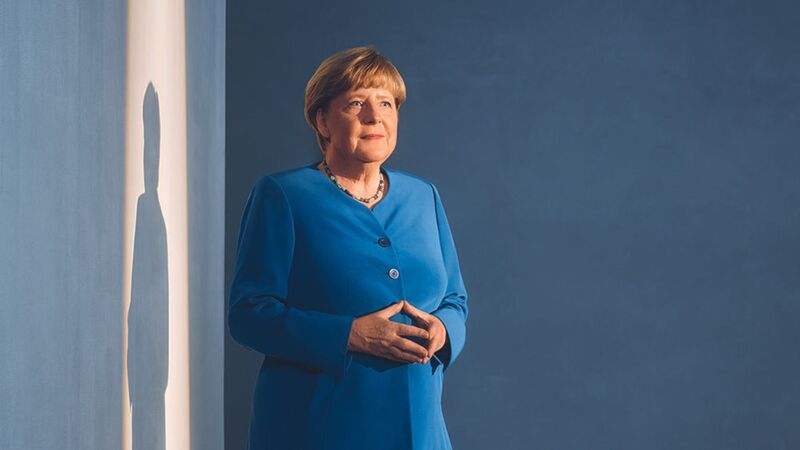You are viewing your 1 free article this month. Login to read more articles.
US libraries boycott Macmillan over e-book policy change
A group of US libraries plan to boycott Macmillan over its controversial new e-book lending policy, suspending purchases of digital copies from the publisher.
From today (1st November) the publisher is limiting library purchases to only one copy of each new e-book title for the first eight weeks after its release. Additional copies will then be available for two years of access at a much higher cost.
The Columbus Metropolitan Library, Nashville Public Library, Maryland Digital Library and the King County Library System in Washington State have now started a boycott.
Patrick Losinski, c.e.o of the Columbus library said: “Columbus Metropolitan Library’s suspension of the purchasing of new Macmillan eBooks is a stand against limiting equal access to our customers. By limiting the number of copies our library can purchase, Macmillan is allowing only a certain segment of our society to access digital content in a timely manner — those who can pay for it themselves. That’s unacceptable in a democratic society.”
On Wednesday (30th October) the American Library Association (ALA) delivered a petition with nearly 160,000 signatures from across the States to Macmillan, urging it to reverse the policy.
ALA president Wanda Brown said: "The mission of public libraries across the country is to ensure access to information and content for all, but Macmillan’s e-book restrictions will drastically restrict our ability to serve millions of readers. Libraries, publishers and authors should be allies - not adversaries - in expanding the number of readers and encouraging the exploration of new titles and subjects.”
This week Macmillan’s c.e.o. John Sargent defended the policy in a letter to librarians, insisting: “We believe the very rapid increase in the reading of borrowed e-books decreases the perceived economic value of a book. I know that you pay us for these e-books, but to the reader, they are free. In the pre-digital world reading for free from libraries was part of the business model. To borrow a book in those days required transportation, returning the book, and paying those pesky fines when you forgot to get them back on time. In today’s digital world there is no such friction in the market. As the development of apps and extensions continues, and as libraries extend their reach statewide as well as nationally, it is becoming ever easier to borrow rather than buy. This is causing book-buying customers to change habits, and they are fueling the tremendous growth in e-book lending.”
However, Alan Inouye, the ALA’s senior director of public policy and government relations, hit back, saying: “Macmillan remains the sole Big 5 publisher that perceives a business need to limit libraries’ ability to purchase and lend e-books. ALA has frequently requested but never received data or analysis that demonstrates that library lending undermines book sales. It is simply false to state otherwise.”


















